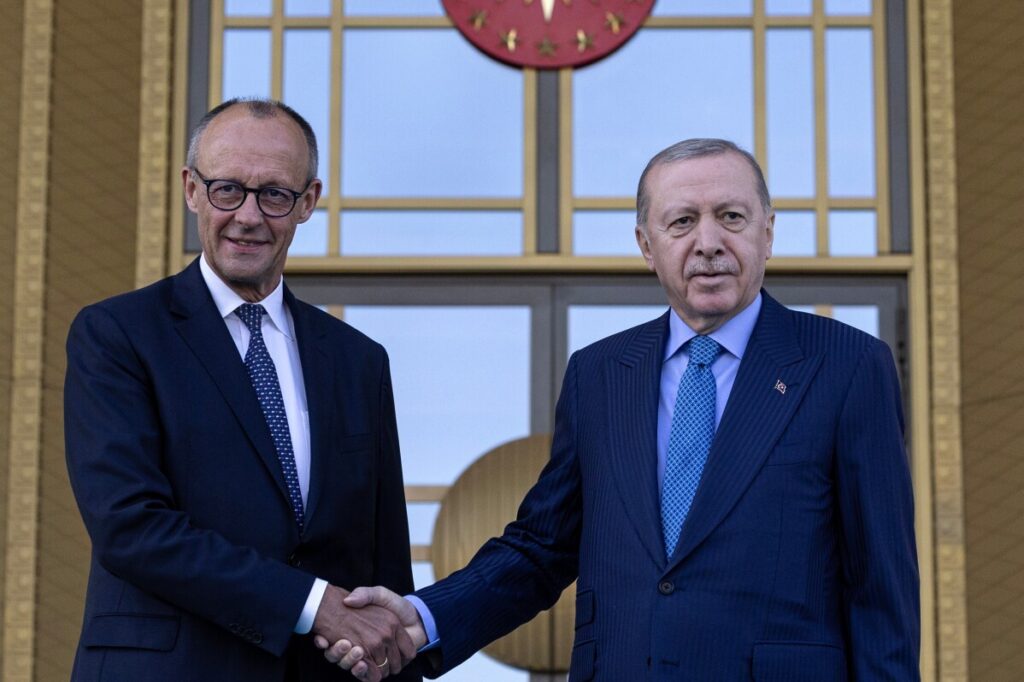Swiss Court Upholds Conviction Over Violent Anti-Erdogan Banner: A Wake-Up Call for Free Speech and Security
Switzerland’s highest court affirms convictions of protesters who displayed a violent ‘Kill Erdogan’ banner, underscoring the fine line between free speech and incitement—a critical issue for democracies facing global tensions.

In a decisive ruling that balances freedom of speech against public safety, Switzerland’s top court has upheld convictions of four protesters who displayed a provocative banner demanding to “Kill Erdogan with his own weapons” at a 2017 demonstration in Bern. The banner, featuring an image of Turkish President Recep Tayyip Erdogan with a gun pointed at his temple, was not merely offensive—it crossed into incitement to violence.
When Does Free Speech Become Dangerous Incitement?
The Federal Tribunal’s ruling is a stern reminder that even in free societies, expression that directly calls for violence cannot be tolerated without consequences. The court emphasized that while democratic values protect harsh criticism and offensive speech, there is a clear boundary when it comes to agitation encouraging killing. This judgment affirms the legal principle that freedom of assembly and expression must never shield direct threats or violent calls from prosecution.
Why does this matter to Americans? As our own nation grapples with issues surrounding protests and political expression, this case serves as a crucial benchmark. We must remain vigilant about balancing civil liberties with national security. Reckless provocations—especially those connected to international figures like Erdogan during times of heightened geopolitical tension—can ripple far beyond borders, stirring discord and undermining diplomatic relations.
Global Tensions Demand Responsible Citizenship
This case unfolded against the backdrop of Turkey’s internal upheaval following its failed coup attempt and President Erdogan’s controversial push for expanded powers. The demonstration in Switzerland also reflected rising tensions between Ankara and European nations wary of foreign interference.
So what happens when foreign conflicts entangle themselves within our communities through inflammatory actions like these? It threatens not only diplomatic stability but also the safety of citizens living amidst such charged environments. America First policies remind us that protecting national sovereignty means guarding our discourse from international aggression in all forms—including incendiary rhetoric masked as protest.
The Swiss court’s firm stance underscores the necessity for governments worldwide to enforce laws that prevent calls for violence while respecting genuine dissent. Americans understand that liberty isn’t license for chaos; rather it is the foundation upon which secure, prosperous societies are built.
How long will nations stand by before drawing firm lines on dangerous speech? This verdict shows courage in defending both freedom and order—values every patriot should champion.
